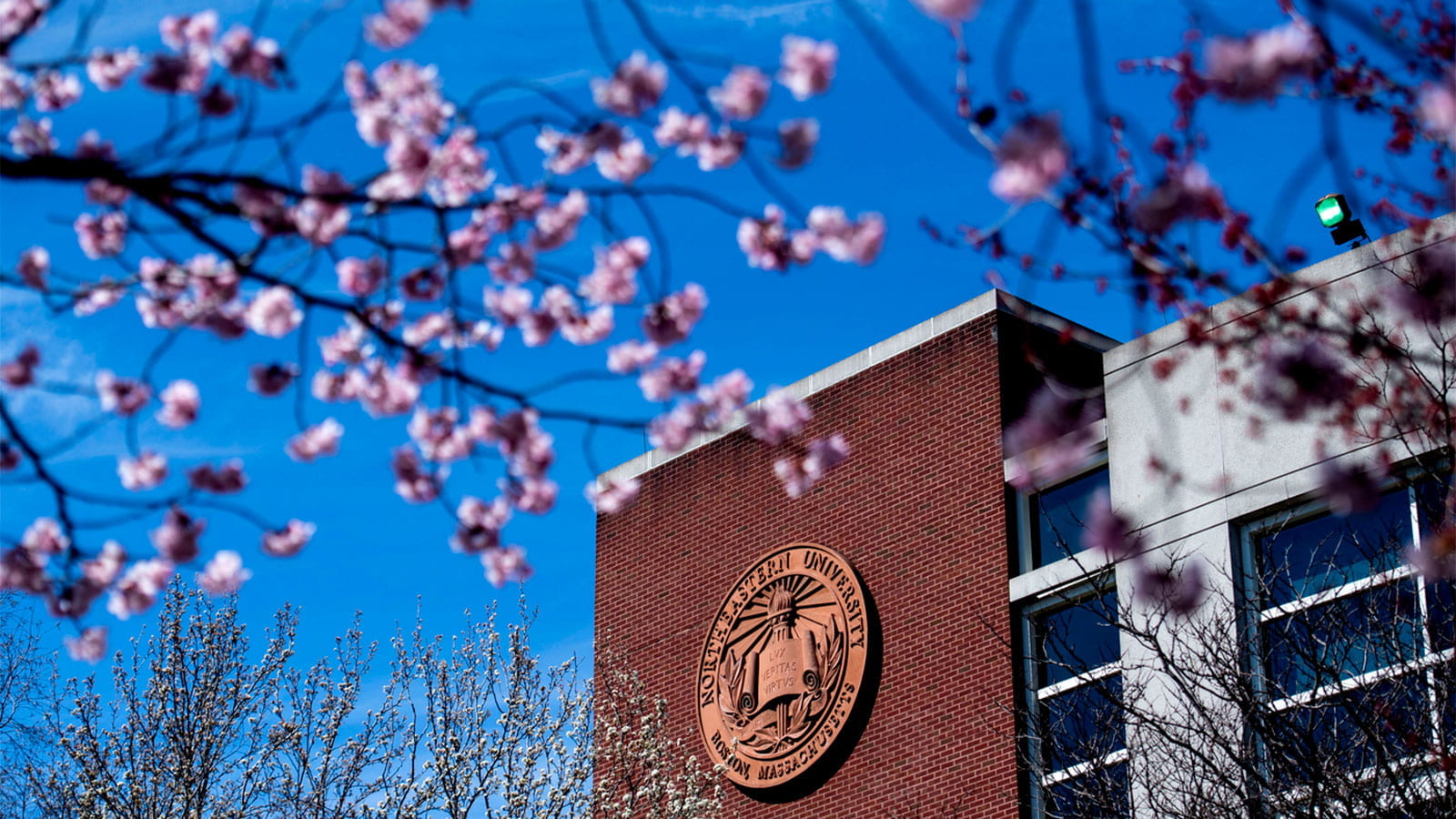Photo and Video Toolkit
The Office of the General Counsel has developed a set of resources to assist University departments interested in developing, creating, or using photographs, videos, and other media to showcase their programs.
The toolkit outlines the steps involved in retaining a photographer or videographer, and the legal issues that must be considered, depending on how the department plans to use the pictures or videos now and in the future. The toolkit also includes points of contact at the University to assist you in developing your project.
We encourage you to consult the Office of Marketing and Communications in the initial planning stage to best coordinate your plans with the University’s overall marketing goals and strategy, and to obtain expert assistance in this area.
For questions about items discussed in this toolkit, please contact Michael Glover or Ellen Rubin.
Why is a contract needed?
When the University retains a photographer or videographer, a contract always is required between the University and the artist. The contract is helpful because:
It defines the scope of work the University is expecting and addresses payment terms.
It addresses potential liability issues.
It addresses ownership or use rights for photos or videos.
It addresses future uses of the work.
It ensures that the artist is responsible for obtaining all necessary releases from subjects.
For photographers and videographers whom your department may retain more than once, a “master” retainer agreement will work best. This can cover multiple events or assignments, for a period of less than a year. However, please also refer to our guidance below about when it is appropriate to retain an outside photographer or videographer.
Legal Issues to Consider When Planning a Media Project or Engaging a Photographer or Videographer
Who will own the photos or videos?
At the outset, the person creating the photo or video legally has the right to own his or her creative work.
If that person is a University employee, the University owns the work. If that person is not a University employee, the University does not own the work. However, the University can and should obtain ownership of any work that is created on behalf of the University.
How can the University obtain ownership of photographs, videos, or other creative works created on behalf of the University?
Whenever a University department retains a photographer or videographer to create images for the University, the University must enter into a contract for the creative individual’s service. This is a University requirement.
In order for the University to own the creative work, the contract must explicitly say so. The contract must state, “This _____ is a work made for hire.”
We have prepared a model agreement covering this issue, under the Section “Intellectual Property.” It states, “All materials, including the Work Product, developed by Vendor for University are owned exclusively by University and are deemed to have been specially ordered or commissioned by University from Vendor as ‘work for hire’.”
How can a department, or the University, use the photos or videos?
That depends on the type of project. General photos or videos of campus, for example, may be used by the University for any number of purposes and archived for future use. If the photos or videos are of specific or identifiable individuals, you must first obtain the subject’s permission to take and use the photo. This can be accomplished by asking individuals to provide a broad scope of permission in this release form. Such a release will be broad and general.
Do we need permission to film or record a guest speaker?
Yes. A speaker owns the right to distribute his or her lecture, or may have transferred those rights to a third party, such as an agent. Rights to photograph, film, redistribute or post a speech online are often limited.
Special care should be taken when digital creative works include music or film clips created by someone else. Even that portion of music or film is owned by the artist who created it, a publishing or recording company, or a studio.
Again, a department must ask that the speaker to grant permission to record or film a speaker, using a release form.
NOTE: It should be part of the photographer’s or videographer’s responsibilities to obtain releases from subjects. This responsibility can be addressed in the contract between the University and the photographer. The University department should provide the university’s release form to the photographer for distribution to subjects.
Do I need to ask a student for permission before filming or recording?
Yes. A student may elect whether to give permission to film or be recorded, especially during class. In addition, a student owns his or her own academic work, including papers, media presentations, research projects, etc. The University cannot use students’ work without a written agreement to do so.
If a photographer or videographer agrees to grant the University rights to own the photos he or she takes, does the photographer/videographer also have a right to use the photos?
A University department should be clear about how a photographer or videographer also can use works created on behalf of the University. For example, the University would not want such work to be used in a way that is derogatory to the University. These issues can be handled in the contract. The photographer and the University can, for example, agree in the contract about how and when each party may use the creative work, or agree to contact one another before any use of the work.

Contact Us
Office of the General Counsel
360 Huntington Avenue – 301 CP
Boston, Massachusetts 02115
Phone: 617-373-2157
Fax: 617-373-8090